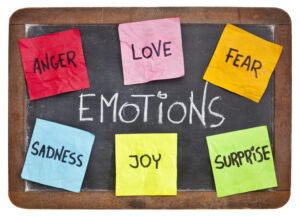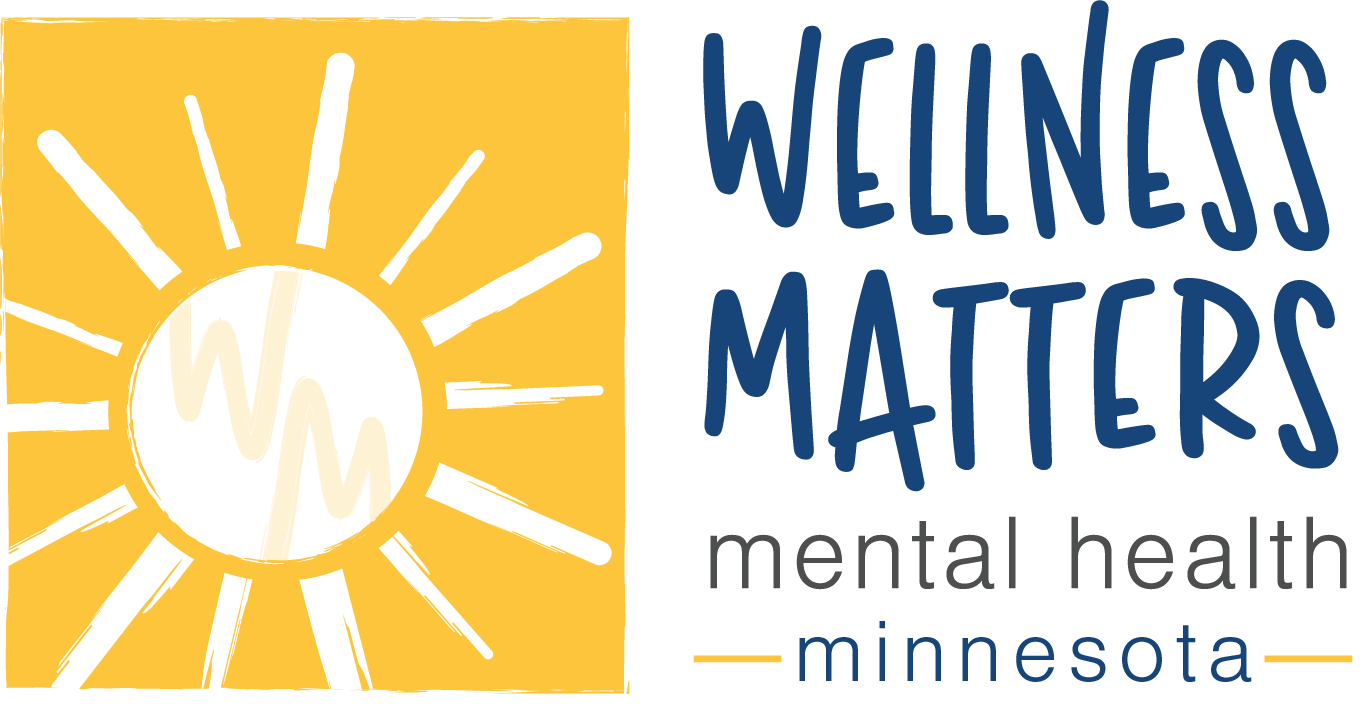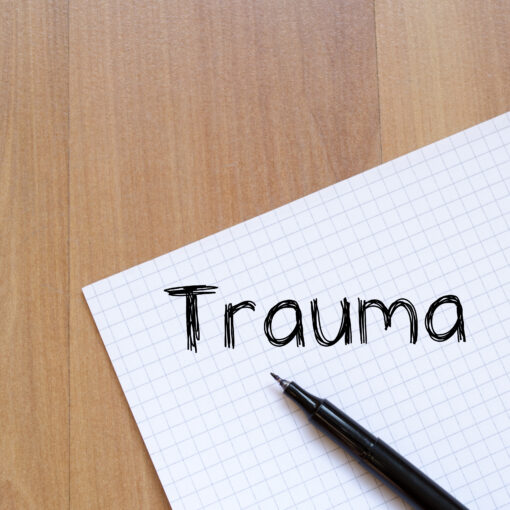The Dangers of Addiction for First Responders
First responders are often (rightfully) touted as heroes. As the name states, they’re often the first to arrive at a traumatic scene, and they tend to run toward danger instead of away from it if it means being able to help someone else.
Unfortunately, first responders often have to see and experience things the average person never will. Police officers, firefighters, EMTs, and other positions under this umbrella are often at a greater risk of developing mental health conditions because of what they must go through at work.
That also puts them at a greater risk of developing addictions. There are plenty of reasons for this, and it’s not something that’s addressed enough. Let’s take a closer look at the dangers of addiction for first responders.

Immersed in Trauma
An EMT’s job is to respond to injuries, accidents, and sudden symptoms of illness. Their job is to save lives, and sometimes that doesn’t happen. Even when it does, they might have to see and do things that are emotionally damaging, especially if someone is severely injured or has been in a bad accident. Some calls are more dangerous than others. Some are more graphic than others.
The same goes for any first responder having to deal directly with people in traumatic or dire situations. It’s not always easy to leave that kind of trauma at the doorstep when you get home each night. So, it’s common for first responders to carry the weight of those calls with them. You can’t just “turn off” your brain and forget about what you saw or experienced.
Of course, there will always be more calls and more people to help. So, you might not have time to dwell on each individual experience before moving on to the next one. That makes it difficult to actually cope with the trauma you’ve been through. As a result, you might be tempted to “push” down your emotions or try to ignore them for a while.
Healthy Ways of Coping
Emotions will always demand to be felt. You can try to push them down for a while, but they’ll always try to creep up to the surface. To fight back against those emotions, some first responders turn to unhealthy coping methods. Things like drugs and alcohol are common “quick fixes” that can numb the pain they regularly go through and help them forget for a while. Sound familiar?
The problem with leaning into these coping mechanisms is that they’re temporary solutions. If you start drinking every night to relax, you’ll eventually need more alcohol to get the same effect. If you take certain drugs to manage your anxiety or “forget” about your experiences, you might start to depend on those drugs just to get through the day. That’s when a coping mechanism turns into an addiction. There are many healthy ways of coping.

The Mental Health Stigma
To make matters worse for first responders, there’s an underlying stigma that mental health issues simply don’t fit the job description. Some people might see them as a sign of weakness. Others might suggest it’s an indicator that you can’t do your job well. But it’s important to remember that no matter your job title, you’re still a human being. Beyond that, you’re a human being who has to deal with unthinkable circumstances on a regular basis.
Finding ways to cope is okay as long as they’re healthy and helping you move forward. Turning to substances to get through the hardships of your career will likely end your career sooner rather than later, especially as your addiction starts to take over. Don’t be afraid to break the stigma. If you’re a first responder struggling with anxiety, depression, or the effects of trauma, don’t hesitate to reach out for professional help today.

Wellness Matters has therapists who specialize in helping people with managing trauma and addiction. Katherine (Kat) Fritsch has specialized training in evidence-based approaches to working through trauma and addiction! And with immediate openings and online options, they are available to work with you today!
Feel free to contact Wellness Matters to set up an appointment. You can connect with the Wellness Matters Intake Coordinator by texting or calling 218-616-1276.
At Wellness Matters, the intake process is all on-line. On-line appointments make it possible to attend appointments from the comfort from your home or office. In-person services may also be available for people living in northern MN.




